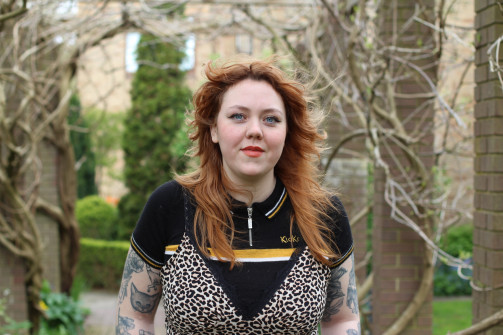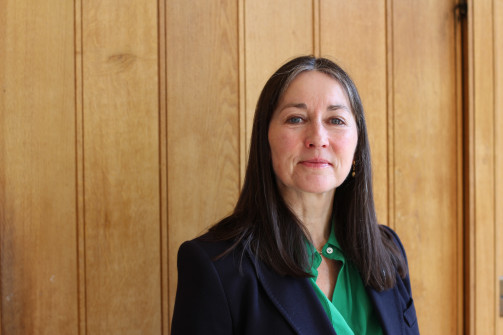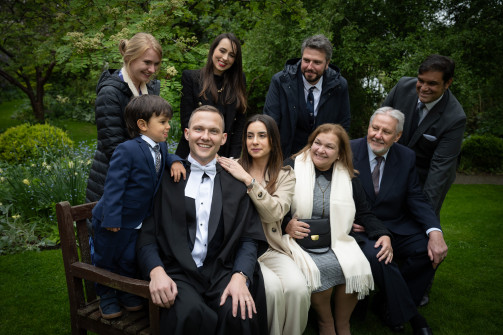"I find the world endlessly interesting" - Sandi Toksvig OBE delivers this year's Lee Lecture
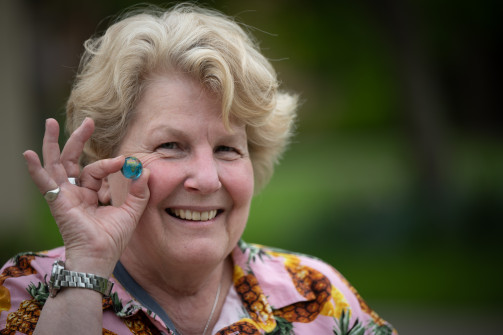
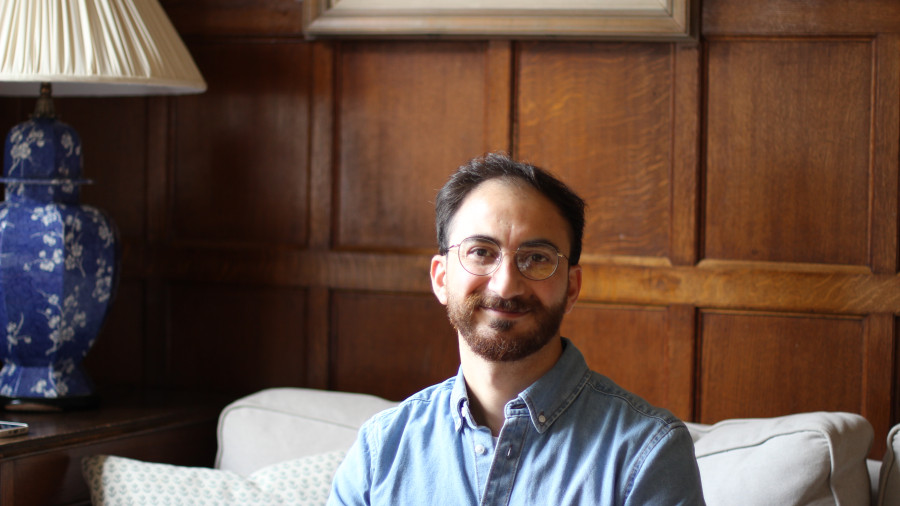
After a conflict or a disaster, how do you rebuild?

This is the question at the core of Karam Alkatlabe’s PhD research, a topic on which he’ll be presenting at this year’s Wolfson Research Event (WRE) on 2 and 3 May. His research investigates how using digital participation tools that involve community engagement and professional cooperation is a better framework for rebuilding cities after conflict, and rebuilding sustainably.
Karam, who comes from the city of Salamiyah in Syria, used the capital Damascus as the case study of his research. Damascus—which is the oldest current capital in the world and has a population of over 2.5 million residents—has suffered tremendous destruction since the early 2010s, a consequence of the ongoing Syrian civil war. “I intentionally chose a city that was not mine,” says Karam. “I thought that was the healthiest option for my research.”
After working for many years in Syria, Karam completed an MPhil in Architecture at Cambridge before starting his PhD. He hasn’t been back home since 2018, and he says this makes the case for why a digital system for urban recovery is the best way forward.
“Many Syrians can’t or are unable to go back, or don’t want to. The idea of planning recovery shouldn’t be the burden of those who stayed. Syrians everywhere should be able to contribute and that is why I have built a digital framework based on community participation and professional collaboration—and I need to stress that the word ‘community’ refers to Syrians still living in Syria and displaced Syrians around the world. I want to harness a community’s desire to rebuild and harness the capacity of Syrians globally.”
To do so, Karam has used various digital participation tools to engage Syrian citizens and the leading construction framework called Building Information Model (BIM) to engage Syrian professionals, which is a cloud-based system that allows architects and professionals to participate from anywhere in the world. He’s run workshops in the UK, Germany, and the Netherlands to demonstrate the digital platform and get community feedback, which he says has been 100% positive. With this digital approach, Syrian professionals and architects can work on designs and create housing models based on data collected from the global community, who can see a virtual environment of destroyed neighbourhoods, submit designs and recommendations, read each other’s comments and interact with each other.
“The way I view it, when it comes to rebuilding cities, the process itself is important. When you create the system where Syrians work collaboratively together it has a healing aspect. You basically try to remedy the social fracture that happened throughout the conflict. And in a digital system an affected population can contribute throughout the entire process. There are thousands of Syrian professionals who want to engage in rebuilding communities but don’t have the platform for doing so.”
At this year’s WRE, Karam will present the digital platform and the feedback from some of his workshops. He hopes to find a way to continue with his research after finishing his PhD, perhaps growing the project with a bigger team.
“I obviously believe in communication and conversation, and because of the interdisciplinary nature of my research I think I’ll benefit from fruitful conversation throughout the WRE. Lots of people are engaged with other aspects of post conflict reconstruction, but I definitely think there’s something new to what I’m doing. The idea of collective design is not new, but the idea of doing it post-disaster and involving displaced people and refugees is. It’s not ‘built it and they will come’—we have to rebuild together.”
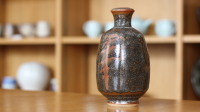
A display of works from the Bradshaw-Bubier studio pottery collection.
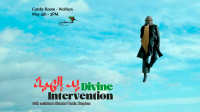
Screening of Elia Suleiman’s Divine Intervention, in conversation with assistant director Rania Stephan.
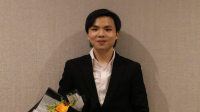
Wolfson College's inaugural Ian Cross Instrumental Scholarship Concert will be given by pianist Samuel Foo with works by Bach, Brahms and Ravel.
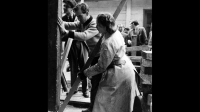
How did architecture schools respond to the need to rebuild Britain after World War Two?
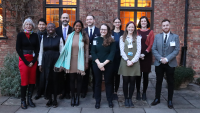
An opportunity for the Wolfson community to discover and engage with the diverse and important sustainability research happening across College by its Fellows and Early Career Researchers.

